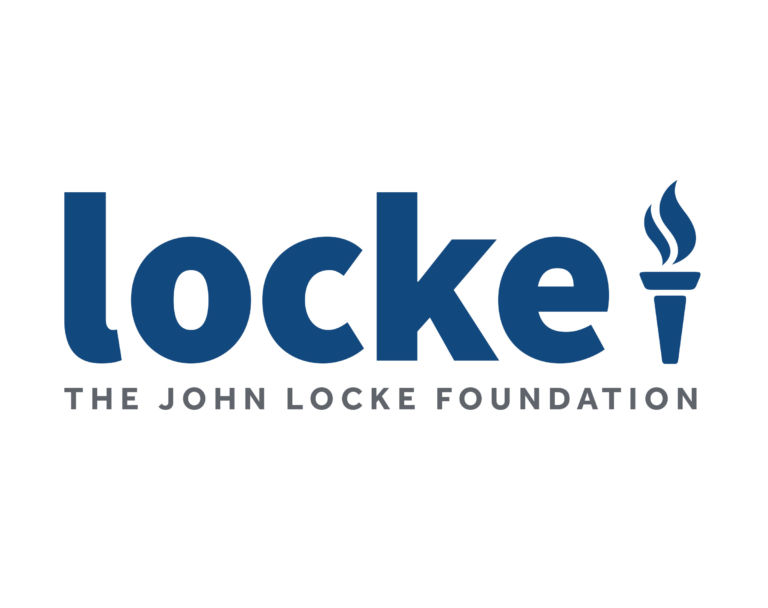This week, JLF’s Jon Sanders published a research brief focusing on economists’ prevailing views surrounding the minimum wage. Sander’s brief draws on findings from this year’s minimum wage report from the Employment Policies Institute. The report is a survey of 197 economists’ opinions on the impacts of hiking the minimum wage to $15/hr.
According to Sanders, a majority of economists in the study agree:
- It would have a negative effect on jobs available (77 percent — only 2 percent thought it would have a positive effect)
- It would have a negative effect on youth employment (84 percent — only 3 percent thought it would have a positive effect)
- It would have a negative effect on adult employment (56 percent — only 7 percent thought it would have a positive effect)
- It would make employers look for applicants with greater skills (83 percent — only 1 percent thought it would help people with fewer skills)
- It wasn’t asked this year, but in the 2015 survey economists foresaw it would make it harder for small businesses to stay open (67 percent and not even one economist thought it would make it easier)
In addition to the results of this study, Sanders includes recorded impacts of real-world minimum wage hikes:
- After Seattle’s minimum-wage increase, the experienced workers saw their hours cut, and they offset this loss by finding additional work outside the city; less-experienced workers saw no gains; and people out of work stayed out of work, leading to a significant reduction in people joining the workforce (NBER)
- Minimum-wage increases in America caused price inflation that, just in groceries alone, erased most of the gain the poorest workers (the ones who retained their jobs) got from the higher wage, and that the poor shouldered most of the costs of the increase (University of Zurich)
- Minimum-wage increase led to fewer jobs for teens and fewer hours worked by those teens with jobs (MIT)
Sanders states:
The costs and benefits of a minimum wage hike should be front and center in the public debate over the idea. Media do a disservice to readers by ignoring mainstream economic thinking on this hot-button economic topic.
Read the full brief here. Learn more about economic growth here.


